Are you a Matcha seller? Join as a Vendor
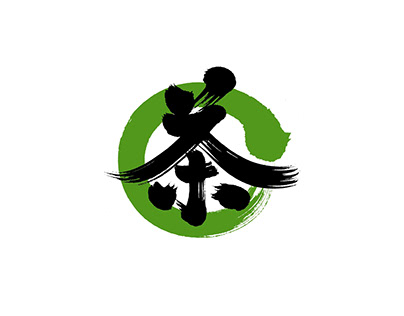
Kyoto Obubu Tea Farms brings the tea fields of Wazuka directly to your cup. Operating from the heart of Kyoto’s renowned tea region, this artisan farm connects tea lovers worldwide with authentic Japanese teas while revitalizing rural tea communities through education and sustainable practices.
Nestled in Wazuka, a village where tea cultivation spans centuries, Kyoto Obubu Tea Farms maintains deep ties to traditional Japanese tea agriculture. Lead farmer Akky-san works directly in the gardens daily, ensuring every harvest meets exacting standards. This hands-on approach preserves time-honored methods while adapting to modern sustainability needs.
The farm operates with a community-first philosophy, functioning similarly to a non-profit by donating to local charities and supporting tea-growing regions globally. Their mission extends beyond commerce to bridge the gap between producers and consumers through transparent relationships and shared knowledge.
Kyoto Obubu specializes in aracha processing, a distinctive approach that incorporates elements of the whole tea plant rather than discarding stems and powder. This method reduces waste and creates teas with a signature bold taste and vibrant green color that sets Obubu apart in the matcha marketplace.
Their product range spans the full spectrum of Japanese tea traditions:
Kyoto Obubu Tea Farms invests heavily in tea education through internships, virtual tours, and hands-on workshops covering everything from hand-rolling techniques to traditional Japanese confectionery. These programs share technical knowledge about tea agriculture and culture with a global audience.
Environmental responsibility guides their operations. They ship through DHL’s Go Green program to minimize carbon emissions and practice sustainable farming that protects Wazuka’s ecosystem for future generations. Their Tea Club membership connects enthusiasts who value both quality and ethical sourcing, creating a community that supports small-scale tea farmers while accessing exceptional Japanese teas directly from the source.
Kyoto Obubu Tea Farms offers a distinctive range of matcha products, each showcasing specific cultivars and flavor profiles that reflect their commitment to the aracha (crude tea) processing method.
Okumidori Matcha features the Okumidori cultivar, delivering rich umami with a slightly sweet finish and vibrant green color. This variety offers a fresh, grassy aroma and works excellently for usucha (thin tea), lattes, and desserts. Obubu’s version stands out with a bolder, grassier profile compared to traditional Kyoto producers.
Samidori Matcha utilizes the Samidori cultivar, known for its naturally sweet and mellow character with creamy texture and reduced bitterness. The delicate, sweet aroma makes it ideal for usucha, lattes, and confections. This variety demonstrates Obubu’s emphasis on natural sweetness.
Gokou Matcha showcases the Gokou cultivar’s distinctive fragrant and floral characteristics. With its strong floral aroma and sweet, mellow taste, this matcha is best enjoyed straight as usucha to fully appreciate its aromatic complexity.
Premium Cooking Matcha uses the Yabukita cultivar with a slightly bitter profile and strong green tea flavor. Harvested in July from unshaded, autumn-harvested leaves, this variety features a vegetal, grassy aroma perfect for baking, smoothies, and ice cream. The production utilizes a ball mill process, enabling large-quantity matcha powder production.
Obubu’s signature aracha processing method sets them apart from conventional producers. This approach champions the “crude tea” philosophy, utilizing more of the plant including stems and veins to capture the complete essence of the leaf. This results in bolder flavor profiles, distinctive green hues, and reduced waste compared to highly refined processing methods.
Founded in 2004 by Akihiro Kita (Akky-san) and Yasuharu Matsumoto, Kyoto Obubu Tea Farms began as a daring venture in the traditional tea village of Wazuka. Embracing local expertise, the founders forged deep relationships with farmers, combining centuries-old cultivation techniques with fresh global perspectives.
Rather than rivaling established producers, Obubu prioritized collaboration, sharing knowledge and resources with local tea artisans. This cooperative ethos underpins the brand, inspiring initiatives such as tea farm tours, educational workshops, and hands-on internship programs that connect tea lovers to the craft.
Obubu champions aracha processing to preserve the full character of the leaf, stem, and vein, resulting in rich flavor profiles and vibrant hues. Coupled with a mission to foster global appreciation for Japanese tea, these innovative methods reflect a balance of tradition and experimentation driving the brand forward.
Akihiro Kita (Akky-san) and Yasuharu Matsumoto founded Kyoto Obubu Tea Farms in the tea-growing village of Wazuka, aiming to combine traditional cultivation methods with global outreach.
In 2008, Obubu Tea Farms launched the Obubu Tea Club, a subscription service delivering curated selections of premium Japanese teas and educational materials to members around the world, fostering deeper engagement.
Kyoto Obubu Tea Farms began offering immersive tea tours in 2012, allowing visitors to experience the full tea production process from hand-picking leaves to steaming and packaging, deepening cultural understanding.
In 2019, the farm initiated an international internship program, inviting participants to learn sustainable farming techniques, engage in community projects, and experience daily life within traditional Japanese tea culture.
Find below some answers to the most common questions about Kyoto Obubu Tea Farms.
Kyoto Obubu Tea Farms uses a distinctive aracha (crude tea) processing method that sets them apart from traditional matcha producers. Unlike many companies that prioritize refinement, Obubu champions the complete essence of the leaf by utilizing more of the plant including stems and veins.
This aracha approach results in a bolder, more vibrant flavor profile and signature green hue while reducing waste. The method captures the full spectrum of flavors residing within the entire leaf structure, creating matcha with more pronounced grassiness and intensity compared to highly refined alternatives from established Kyoto producers.
Each of Obubu’s matcha cultivars offers distinct characteristics:
Choose Okumidori for bold umami, Samidori for gentle sweetness, or Gokou for distinctive floral character.
Obubu’s Excellent Cooking Matcha uses the Yabukita cultivar and is specifically designed for culinary applications. This cooking-grade matcha is made from unshaded, autumn-harvested leaves processed using a ball mill, which allows for large-quantity production.
The flavor profile is slightly bitter with strong green tea taste and vegetal, grassy aroma – perfect for baking, smoothies, and ice cream where the robust flavor won’t be overwhelmed by other ingredients. This contrasts with their ceremonial grades like Samidori and Gokou, which are shade-grown and optimized for drinking.
Yes, Obubu offers immersive tea tours that provide hands-on experience with Japan’s ancient tea culture. Located in Wazuka, these tours allow visitors to experience various stages of tea production from tea picking to brewing and tasting.
The farm also offers international internship programs where participants gain firsthand knowledge of tea farming and production. These experiences reflect Obubu’s mission to unite tea producers and consumers, cultivating a global community beyond just selling tea – they’re sharing cultural experiences rooted in their collaborative philosophy established since 2004.
The Obubu Tea Club, established in 2008, delivers curated tea selections and educational content to foster deeper appreciation of Japanese tea culture. This subscription service reflects founders Akky-san and Yasuharu Matsumoto’s vision of building community connections rather than focusing solely on commerce.
Members receive carefully selected teas along with comprehensive educational resources, empowering tea enthusiasts worldwide to understand the nuances of different cultivars and processing methods that make Obubu’s offerings unique.
There are no results matching your search
Click below to see the profile of a matcha brands similar to Kyoto Obubu Tea Farms.
No results available
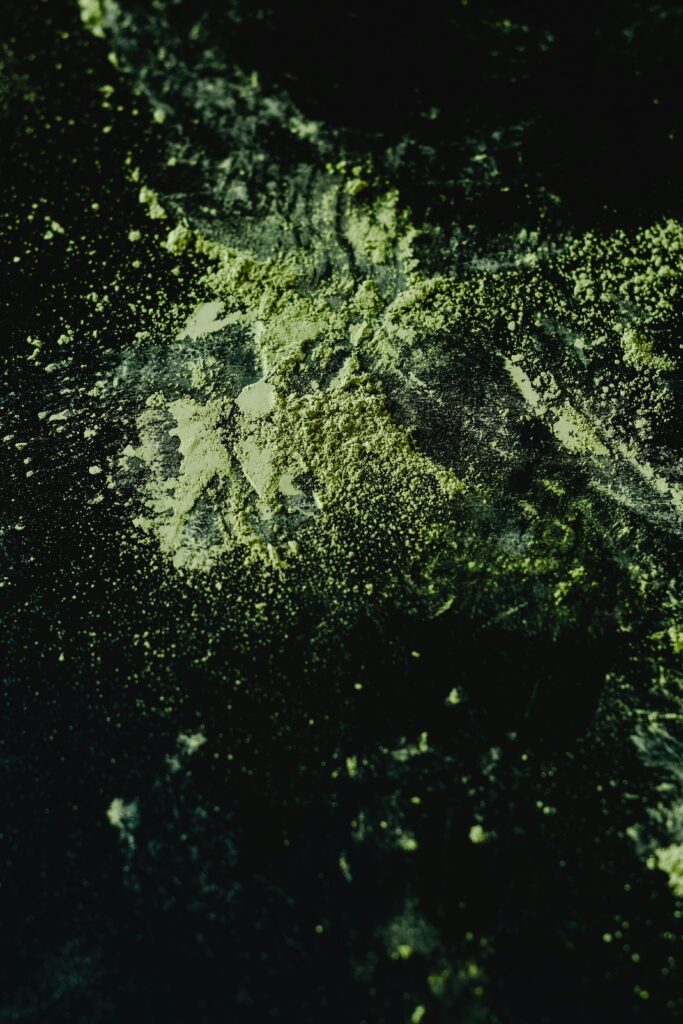
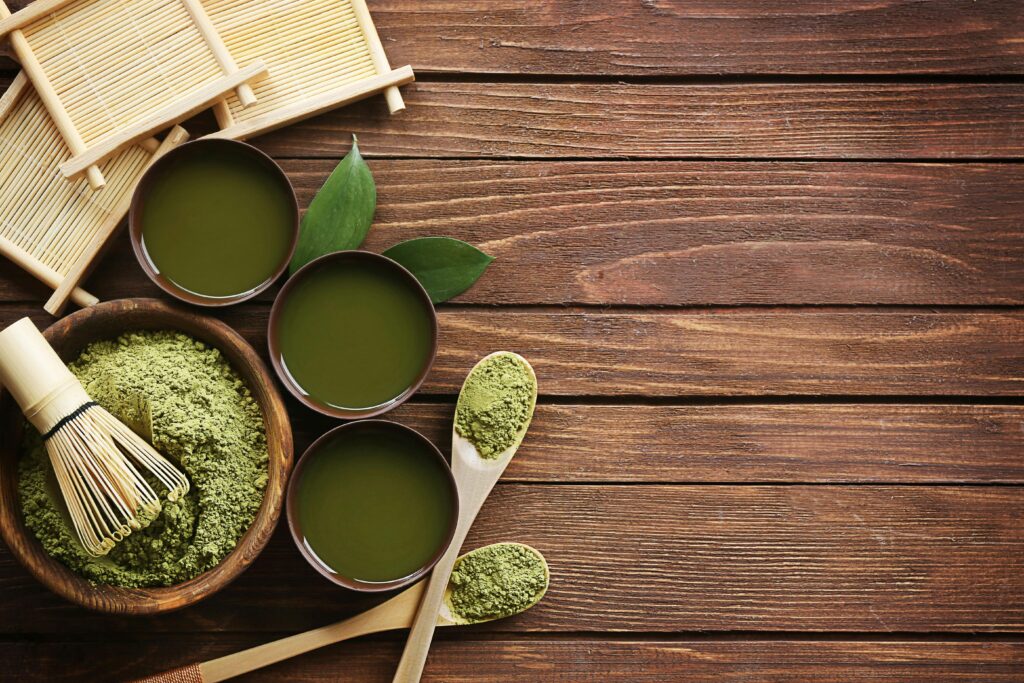
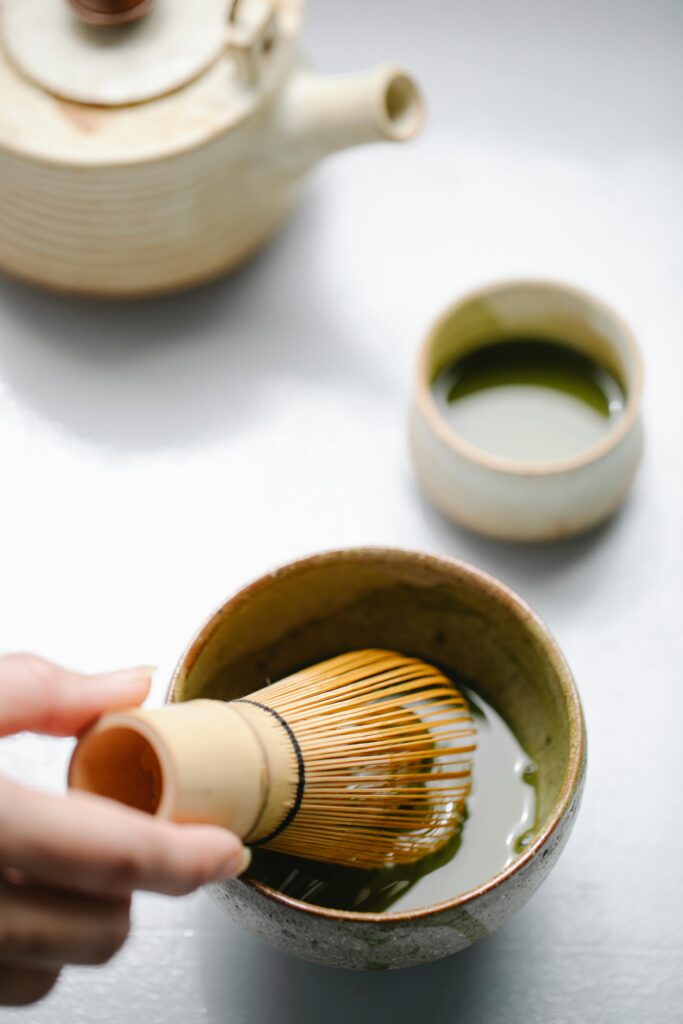
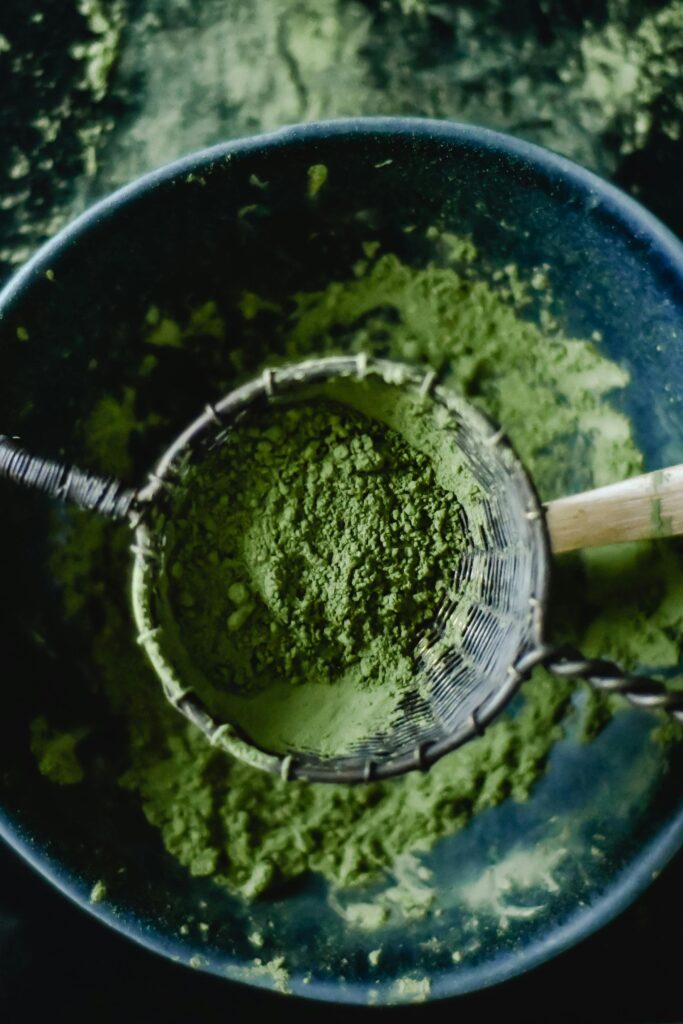

Join our mailing list to receive updates and exclusive tips.
There are no results matching your search